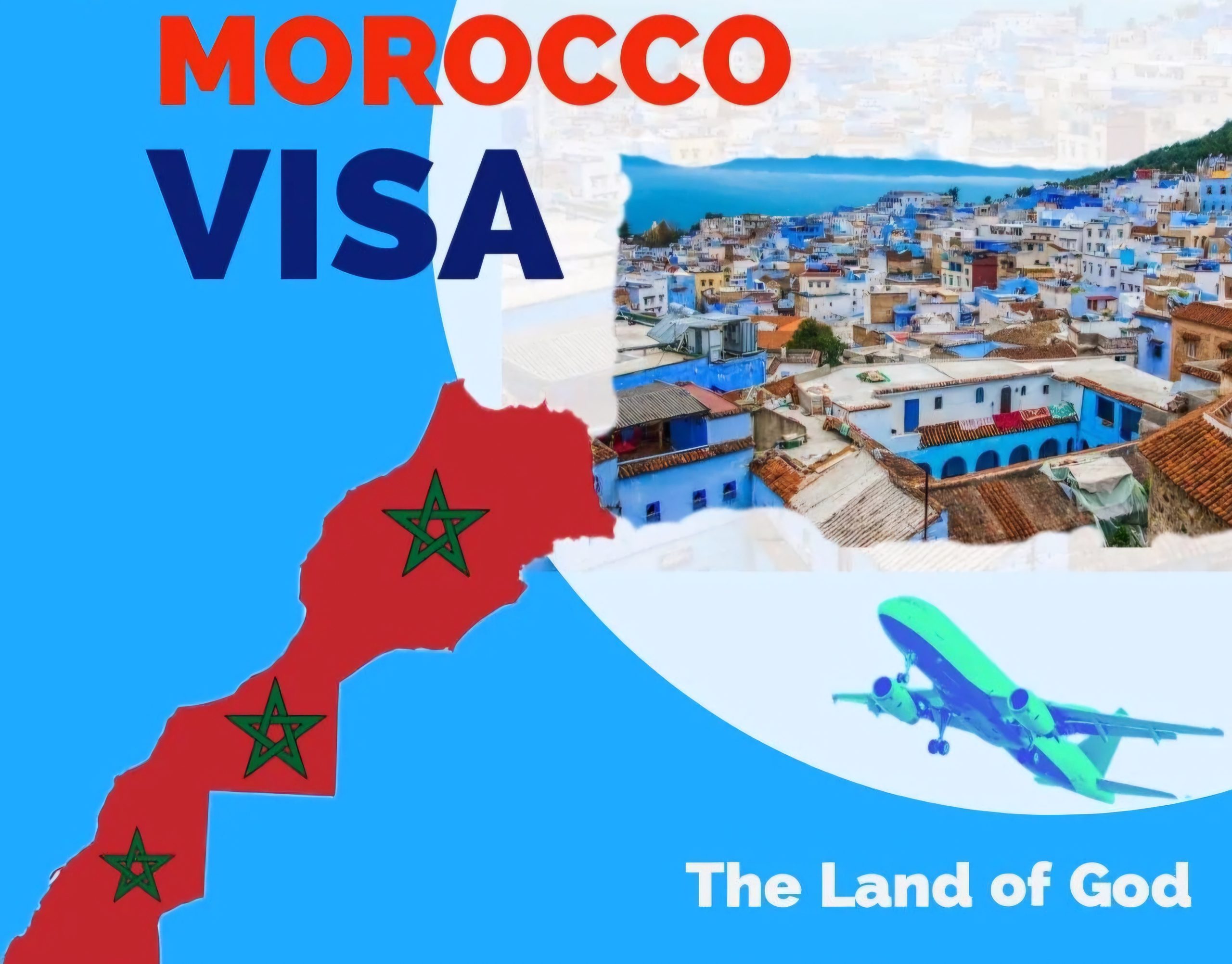Call us : +212 662 432890

Morocco Visa for Pakistani Citizens
Dreaming of exploring Morocco exotic landscapes, vibrant cities, and rich cultural heritage? For Pakistani citizens, visiting Morocco requires a visa, known as the Morocco Visa for Pakistani Citizens. However, with the right guidance, the application process can be straightforward. This guide breaks down the Moroccan visa requirements for Pakistani passport holders, including essential documents, visa types, fees, and helpful tips for a successful application.
Do Pakistani Citizens Need a Visa to Visit Morocco?
Yes, Pakistani citizens need a visa to enter Morocco. Whether you’re visiting for tourism, business, or family purposes, obtaining a visa is essential. The Moroccan Embassy provides various visa options to suit different travel needs. Applying for a visa ensures that you meet all the necessary requirements to enter the country legally.
Types of Moroccan Visas for Pakistani Citizens
Pakistani travelers can choose from the following types of Moroccan visas:
- Tourist Visa: Ideal for travelers looking to explore Morocco’s attractions, including historical sites, markets, and landscapes.
- Business Visa: Required for business meetings, conferences, or work-related visits, allowing you to engage in commercial activities.
- Family Visit Visa: For those visiting family members residing in Morocco, facilitating reunions and family gatherings.
- Transit Visa: For travelers passing through Morocco to reach another destination, ensuring smooth travel plans.
Each visa type has specific requirements, so make sure to apply for the one that aligns with your travel purpose.
Documents Required for a Moroccan Visa
To apply for a Moroccan visa, Pakistani citizens need to provide the following documents:
- Passport: Valid for at least six months from the entry date, with blank pages for visa stamps.
- Visa Application Form: Fully completed and signed by the applicant. The form is available on the Moroccan Embassy’s website.
- Passport-Size Photos: Two recent photos (size 35mm x 45mm) with a white background.
- Flight Itinerary: A copy of your confirmed return flight booking.
- Proof of Accommodation: A hotel booking or invitation letter from a Moroccan resident, ensuring you have a place to stay.
- Financial Proof: Recent bank statements showing sufficient funds to cover your stay, usually at least $50 per day.
- Travel Insurance: Covering medical expenses and repatriation for the duration of your stay, providing peace of mind during your travels.
Additional documents may be required depending on the visa type, so it’s best to check with the embassy for a comprehensive list.
Steps to Apply for a Moroccan Visa from Pakistan
The visa application process is straightforward if you follow these steps:
- Complete the Visa Application Form: Download and fill out the form accurately, ensuring all information is correct.
- Gather Required Documents: Make sure all documents meet embassy requirements to avoid delays.
- Submit Application to the Embassy: Visit the Moroccan Embassy or Consulate in Pakistan to submit your application and documents in person.
- Pay Visa Fees: Fees vary based on visa type and duration of stay (typically around PKR 5,000 – PKR 10,000).
- Attend an Interview (if required): Some applicants may be asked to attend an interview to discuss their travel plans.
- Wait for Visa Processing: Processing time can take up to 15 business days, depending on the application volume.
Visa Fees for Pakistani Citizens
Visa fees depend on the type and duration of the visa:
- Single Entry Visa (up to 3 months): PKR 5,000
- Multiple Entry Visa (up to 3 months): PKR 8,000 – PKR 10,000
- Long-Stay Visa (up to 1 year): Fees may vary based on the purpose of stay.
These fees are subject to change, so confirm the latest amounts with the Moroccan Embassy before applying. Always keep a record of your payment receipt as proof.
Where to Apply for a Moroccan Visa in Pakistan
Pakistani citizens should apply at the Moroccan Embassy in Islamabad. Here’s the contact information:
- Address: House No. 4, Street 22, F-8/2, Islamabad, Pakistan
- Phone: +92 51 228 7811 / +92 51 228 7812
- Email: info@embassyofmorocco.pk
- Website: Moroccan Embassy in Pakistan
It’s recommended to call and book an appointment if required to ensure a smooth application process.
Moroccan Visa Processing Time for Pakistani Citizens
The processing time for a Moroccan visa generally takes 10 to 15 working days. However, processing may take longer during peak seasons or holidays, so apply well in advance. Tracking your application status may also be possible via the embassy’s website.
Additional Tips for Pakistani Citizens Traveling to Morocco
- Plan Early: Submit your visa application at least one month before your travel date to avoid delays and ensure all documents are in order.
- Check Health Requirements: Although no vaccinations are required for entry into Morocco, it’s advisable to have up-to-date vaccinations, especially for common diseases.
- Currency and Budgeting: Morocco’s currency is the Moroccan Dirham (MAD). Plan your budget to cover accommodations, meals, transportation, and shopping, allowing for unexpected expenses.
- Local Customs: Familiarize yourself with Moroccan customs and traditions to enhance your travel experience and show respect for the local culture.
Is Morocco Safe for Pakistani Tourists?
Morocco is generally safe for tourists. The government takes measures to protect tourists, but like any destination, it’s recommended to exercise caution in crowded areas and be aware of your belongings. Following local laws and respecting cultural norms will ensure a pleasant experience.
Conclusion
Securing a Morocco Visa for Pakistani Citizens is straightforward if you prepare in advance and follow the necessary steps. By gathering the required documents, submitting your application at the Moroccan Embassy, and planning ahead, you’ll be ready to experience the wonders of Morocco, from its breathtaking landscapes to its vibrant culture.
